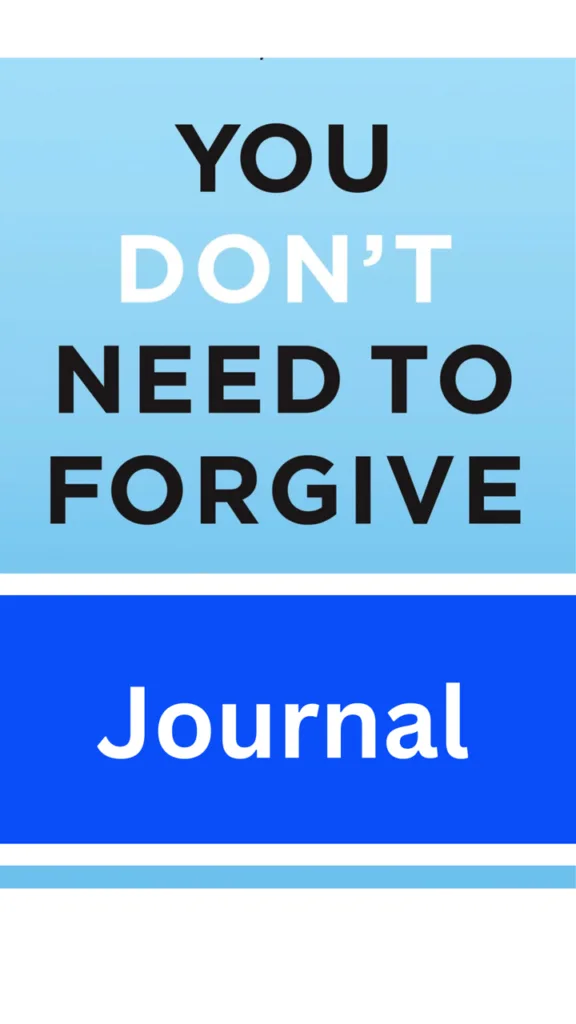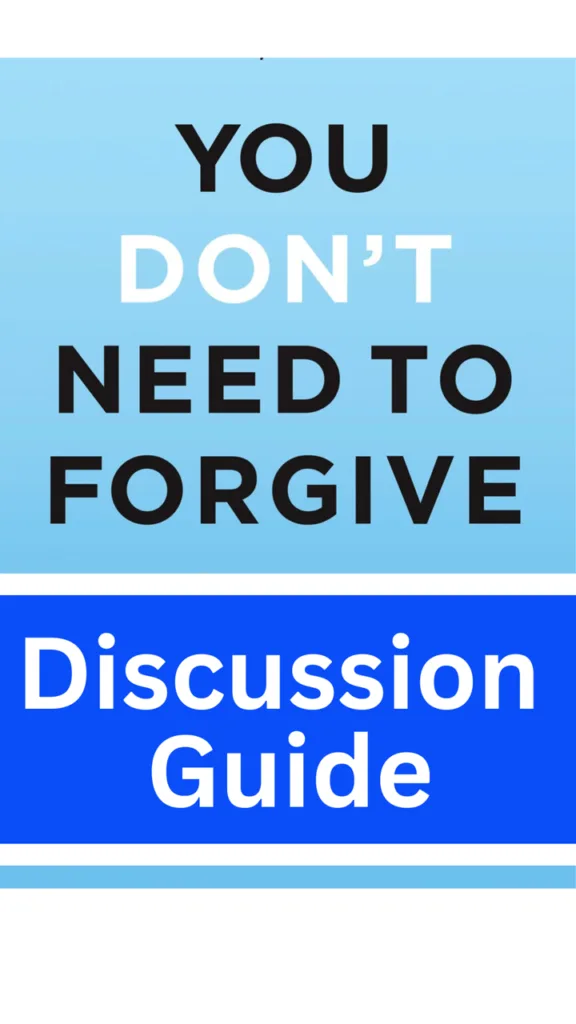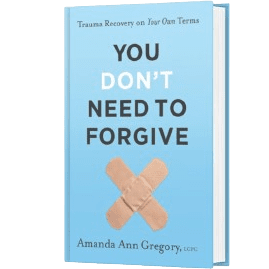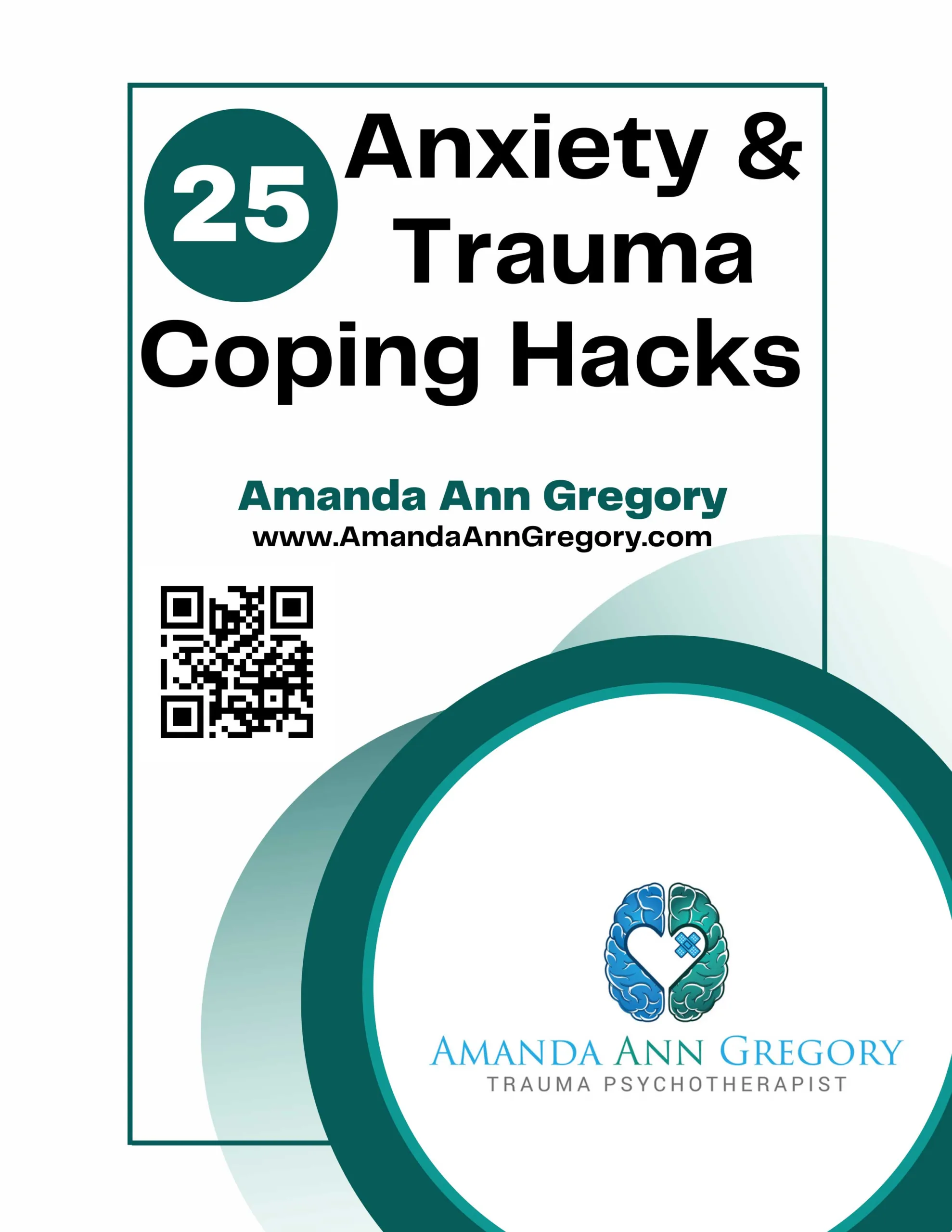You Don't Need to Forgive
Trauma Recovery on Your Own Terms
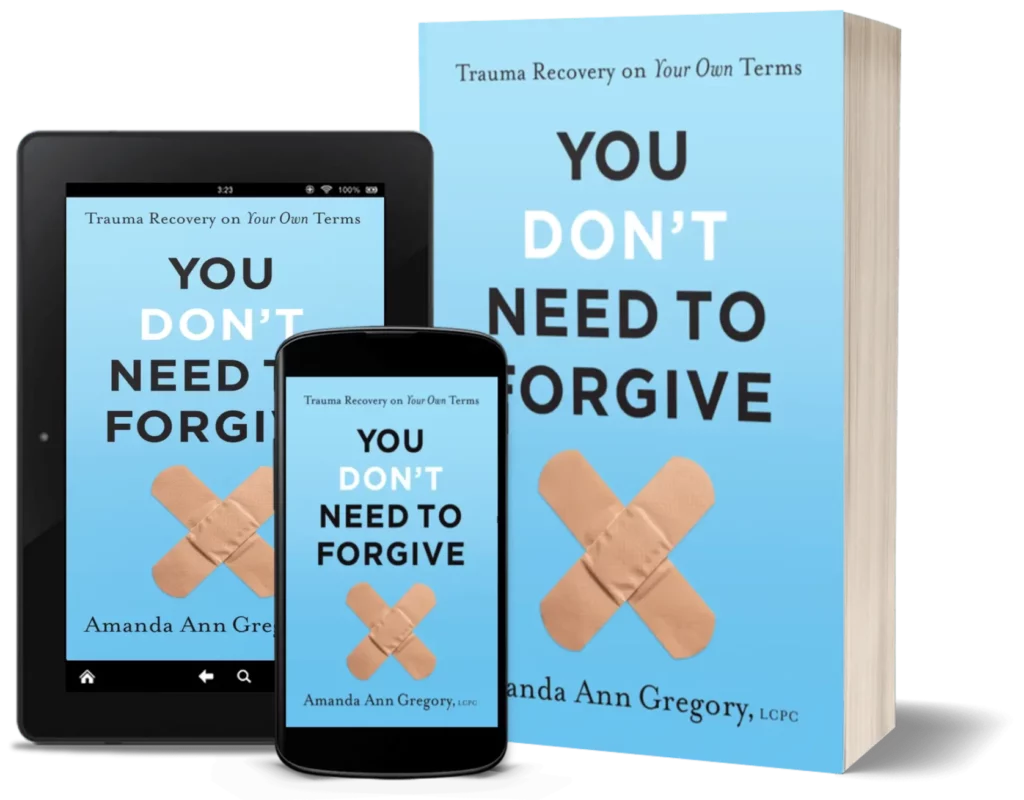
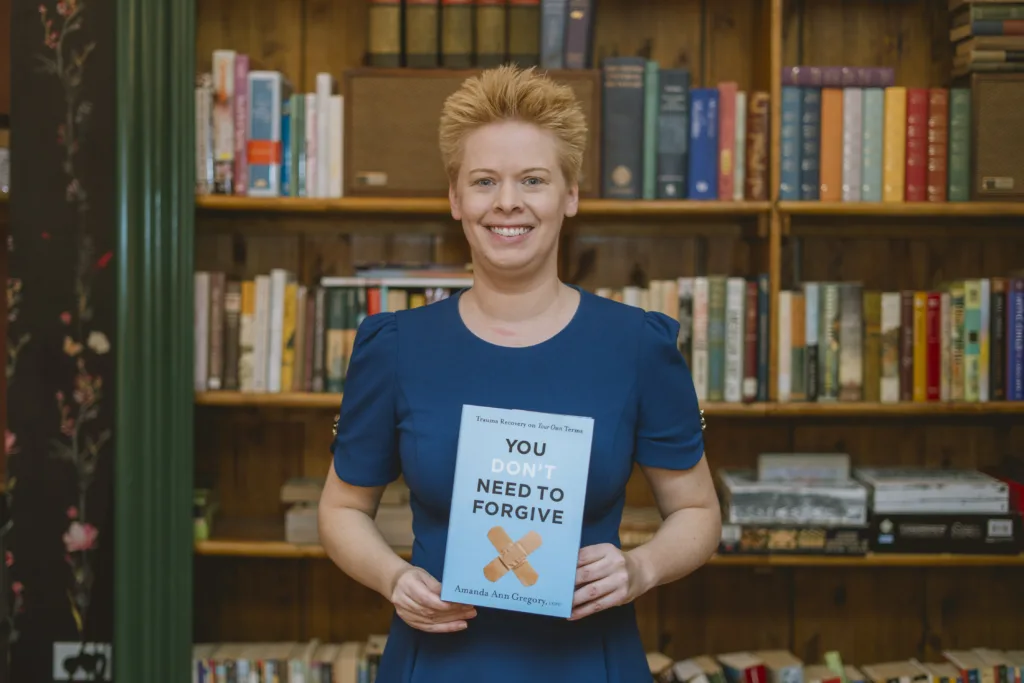

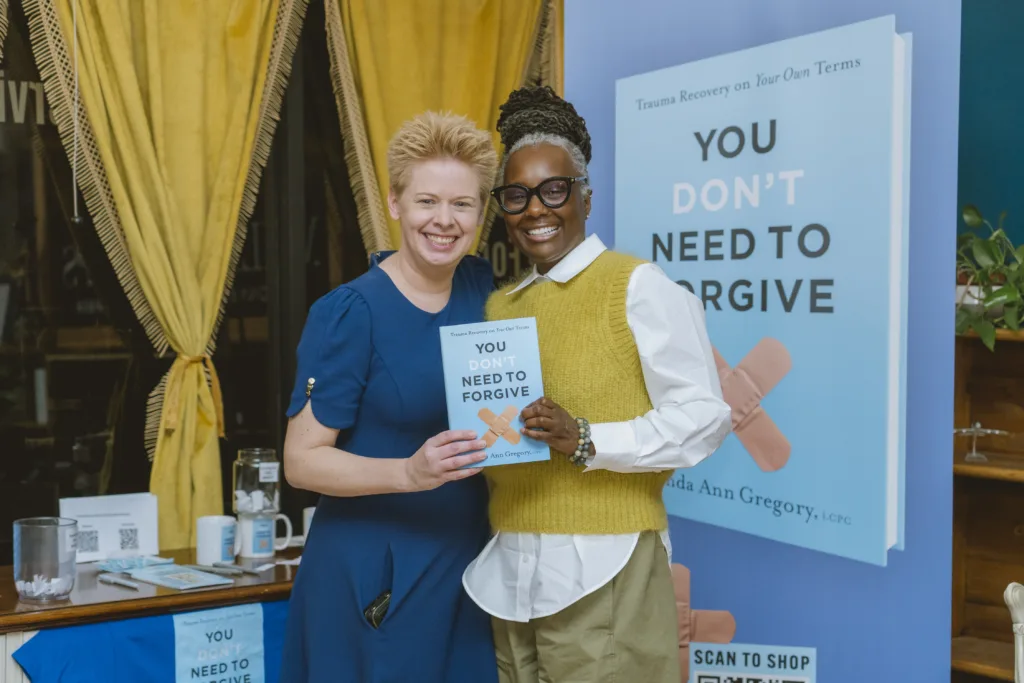
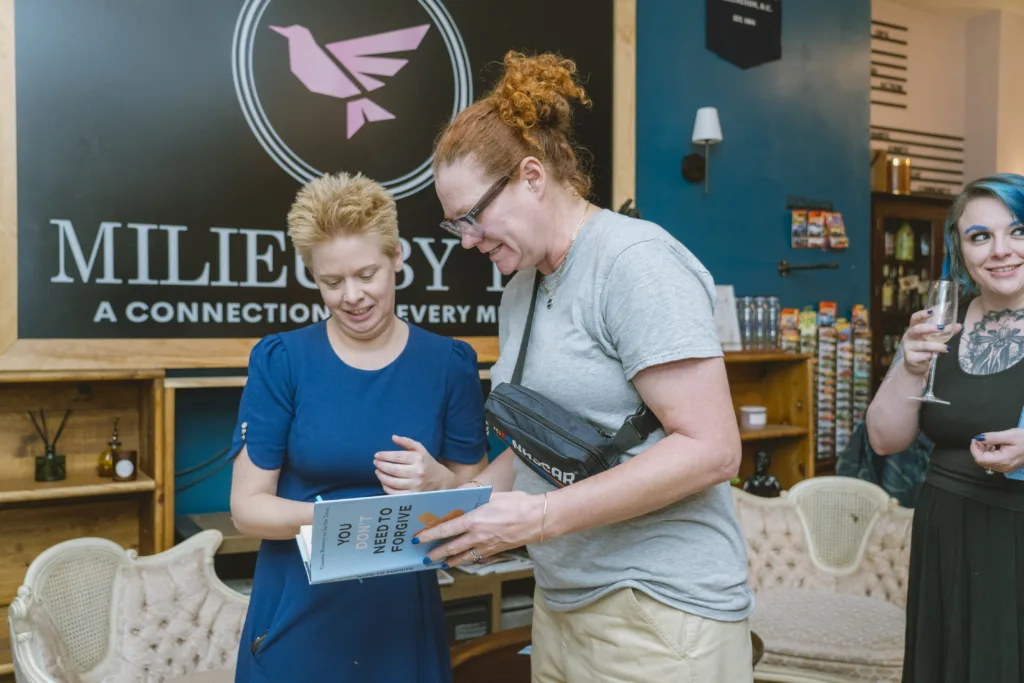


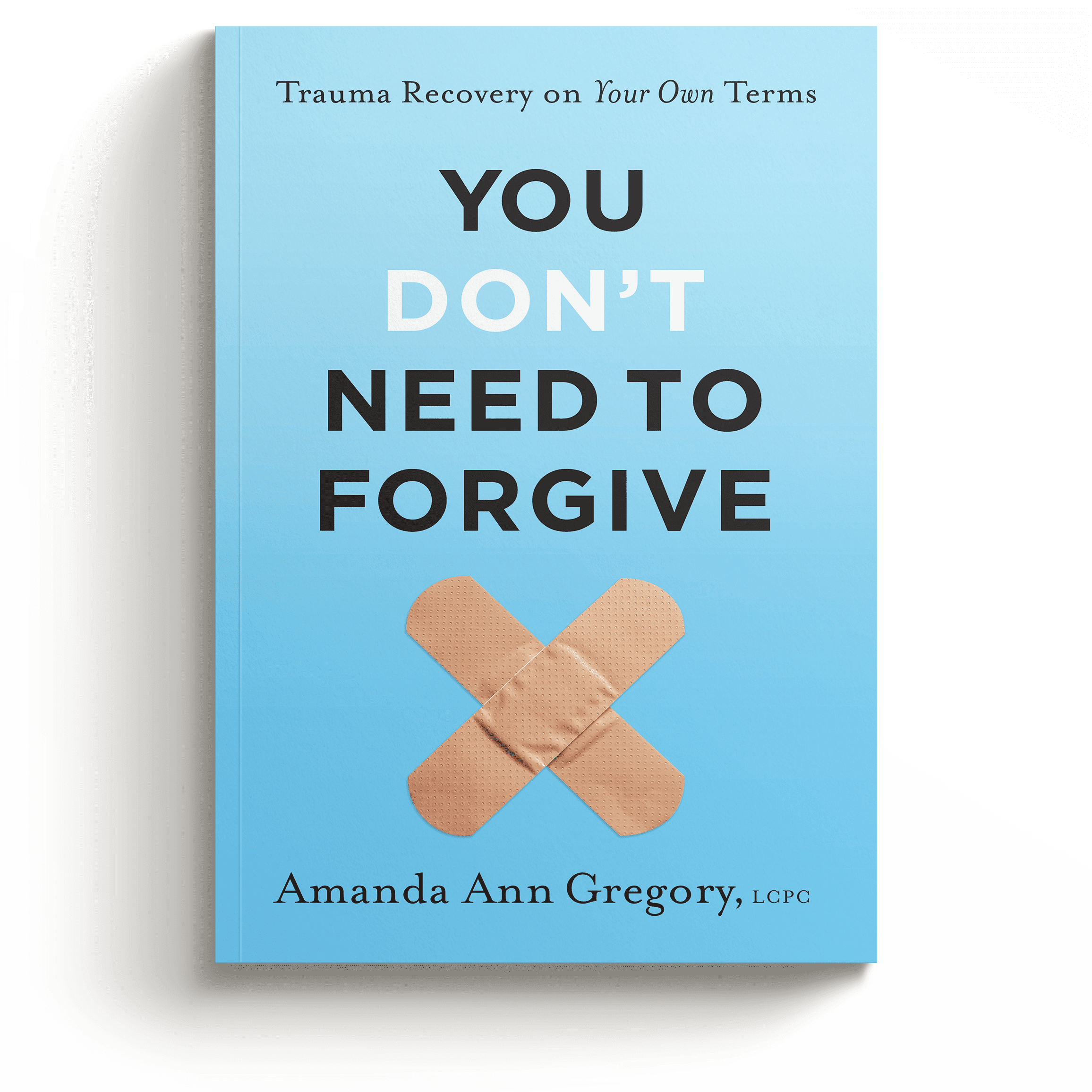
Feeling pressured to forgive their offenders is a common reason trauma survivors avoid mental health services and support. Those who force, pressure, or encourage trauma survivors to forgive can unknowingly cause harm and sabotage their recovery. And such harm is entirely unnecessary–especially when research shows there is no consensus among psychologists, psychiatrists, and other professionals about whether forgiveness is necessary for recovery at all.
You Don’t Need to Forgive is an invaluable resource for trauma survivors and their clinicians who feel alienated and even gaslighted by the toxic positivity and moralism that often characterizes attitudes about forgiveness in psychology and self-help. Bringing together research and testimony from psychologists, psychotherapists, criminologists, philosophers, religious leaders, trauma survivors, psychotherapists, and experts in complex trauma recovery, Amanda Ann Gregory explores the benefits of elective forgiveness and the dangers of required forgiveness. Elective forgiveness gives survivors the agency to progress in their recovery on their own terms. Forgiveness is helpful for some, but it is not universally necessary for recovery; each person should have the power to choose.
Free Book Guides
Endorsements
"Profound, compassionate, and empowering, You Don't Need to Forgive is a vital resource for anyone navigating the complexities of trauma recovery. This book reshapes the conversation around trauma recovery by offering trauma survivors and their therapists a liberating alternative to conventional forgiveness. By advocating for elective forgiveness, this book empowers survivors to reclaim agency over their recovery journey."
"You Don't Need to Forgive provides a validating and honest trauma informed approach to understanding forgiveness and its potential harms. Forgiveness is often a sticking point for survivors who often feel that it is a requirement, and this book debunks those notions by examining existing research as well as the experience of survivors. Therapists and survivors of all forms of trauma will find validation in this book, as well as the realization that forgiveness may not happen, and that's ok."
"You Don't Need to Forgive by Amanda Gregory is a groundbreaking guide for trauma survivors, offering a refreshing perspective on forgiveness. Gregory challenges the conventional wisdom that forgiveness is essential for healing, advocating instead for a personal and elective approach. Through a blend of research, personal stories, and practical advice, this book empowers readers to navigate their recovery on their own terms. It's an essential read for anyone seeking a compassionate and realistic path to healing without the pressure of obligatory forgiveness."
“I can't wait to recommend this book to clients and fellow survivors! A much-needed asset to the survivor and healing community!"
"If you are a survivor of complex trauma or you struggle with challenges related to insecure or avoidant attachment, this book will shine light into dark places and will hold space for you as you work through your traumatic experiences and the scars they left behind."
“Forgiveness is a choice, not a requirement, when it comes to trauma recovery. Gregory generously helps us explore this challenging topic, dispelling the myth that forgiveness is a necessary part of healing and restoration. Written for both trauma survivors and therapists, each chapter provides sound recommendations as well as practical skills. This book is a readable, intelligent, and inspirational guide for anyone who has experienced childhood adversity or complex trauma.”
Quotes







